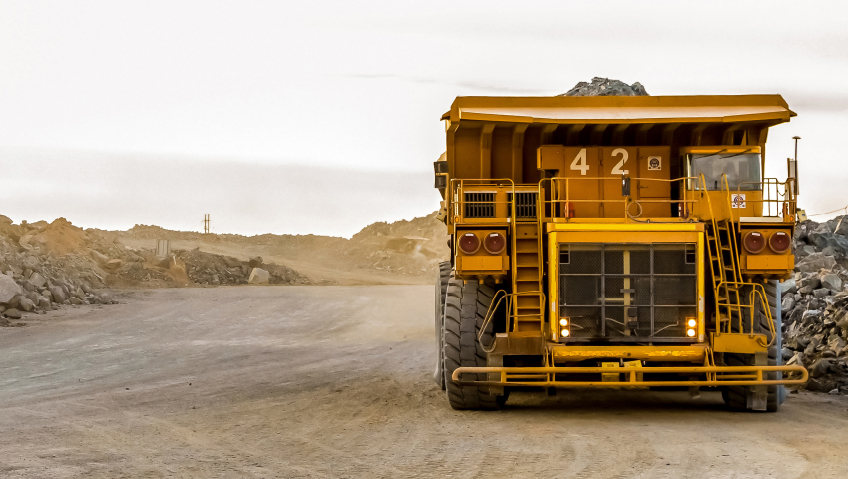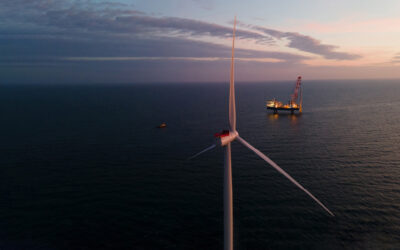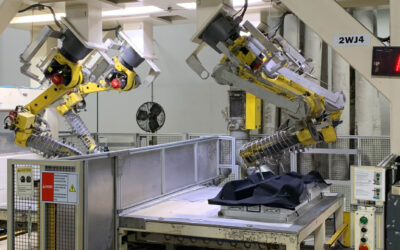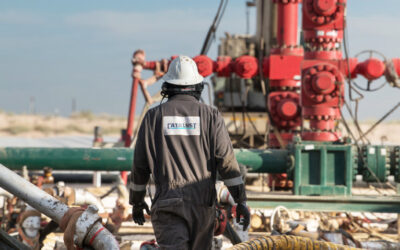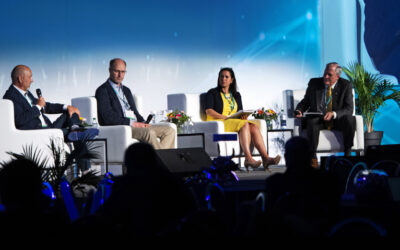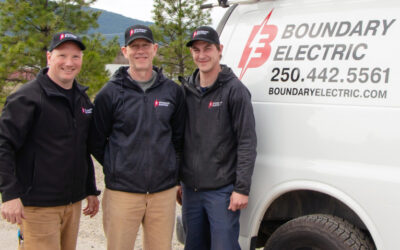Georgia-based Harris specializes in manufacturing products that benefit the scrap processing, recycling, and waste-handling industries. It was founded in 1889 by two business partners who began a machine shop and fabricating business to support the sawmill and railroad industries in and around Cordele, Georgia. Harris later became known for designing the world’s first hydraulic baler in the 1930s, the first hydraulic shear in the 1950s, and the first two ram baler in the 1960s. As President Greg King asserts, the company effectively was the shear and baler industry both domestically and globally for a time.
Over the years, Harris has evolved into making balers for myriad purposes including the handling of ferrous (containing iron) and non-ferrous metals, fiber based commodities, plastics, garbage, and more. Today, it is best known for producing large shears, ferrous and non-ferrous balers, shredders, and generally, for producing machines of high quality with longevity better measured in decades rather than years.
Even after such a long time as an active business, the company is still undergoing change. In 2014, Harris was acquired by Avis Industrial Corporation, an Indiana-based business with a long track record of buying manufacturers and investing significantly in them. Before this, Harris had spent a good three decades being owned by private equity groups. Later that same year, Avis purchased one of Harris’ competitors, IPS (International Press & Shear), bringing the companies together and investing in the infrastructure, processes, and equipment of both.
Harris has also grown greatly in recent decades with sales and support to over 40 countries around the globe. The company provides sales, service, and support to the UK and Europe through its offices just outside of London in Tewkesbury.
When it comes to the company’s continued accomplishments, King is quick to credit the transparent relationship that Harris management has with its production employees. Both groups spend much time openly discussing performance, challenges, and the workers’ role in the company’s success, with special attention paid to providing feedback to the production labor force to improve development and facilitate cross-training between skills.
The company is dedicated to investing heavily in its employees because, as King describes, those people are the heart of Harris. During the economic downturn caused by global COVID-19 measures, Harris operated as an essential business and did its part to embrace proper screening and sanitation procedures which helped to bolster the company’s strong relationship with its labor force, one that continues today amid less-than-ideal circumstances.
Similarly, King stresses that communication is top at the list of what goes into positive lasting relationships with both the company’s people and suppliers. It is always important to communicate expectations to a supplier and to hold them accountable while, in turn, demonstrating loyalty to them through difficult times.
As a global supplier, Harris manufactures all its hydraulic components as well as doing all its machining and milling without relying on international suppliers for such things. He is quick to tout that the company does not outsource its components and “pretend to be a manufacturer,” unlike some of its competitors which he describes as more akin to distributors or “assemblers.” And Harris proudly stands behind its products.
“We spend a lot of time focusing on cost structure,” King admits, “but [the company] has aligned [itself] with key suppliers that can weather a lot of cycles and step up for us as we step up for them.”
The year 2020 started positively for Harris with opportunities and activity supported by a strong backlog of work. But the company began to see its customers changing patterns of maintenance and upkeep or altogether pausing on capital programs, signifying a big change coming.
After this point, 2020 became significantly more difficult worldwide, but King is confident that Harris remains the strongest manufacturer in the space, with far more resilience than its competition; in fact, Harris has not furloughed any of its employees nor has it shortened its production schedules, ably working through the challenges of the year, well prepared to continue delivering the level of commitment its customers expect.
Aside from these challenges, King notes an ongoing shift in the recycled commodities market, with exports already having changed dramatically domestically in the past year due to trade wars and capacity rationalization in the metal, plastics, and paper industries.
Aside from the unique challenges brought on this year, Harris often sees itself with a lot of competition in its market. King cites “a dozen or so,” participants currently in the two-ram baler market that produce a lighter and lower-cost products than Harris but do not boast the same lifecycle or reliability, as a properly maintained Harris machine should last multiple years longer than its competition. He admits that the company is constantly fighting the fact that it provides higher value over low cost. He is also aware that it is providing an engineered solution to a customer’s opportunity, meaning that instead of offering “an inferior product with pretty colors.”
When looking at the rest of the year and beyond, Harris’s foremost plan is to ensure that its customers can operate effectively with its equipment regardless of what their specific challenges may be. King sees Harris as breaking the mold of the traditional manufacturer model and giving customers a very strong after-sales support matrix. In certain cases, the company has even sent Harris employees to customer locations to operate the equipment personally if the customer lacked manpower due to quarantine measures. The company will also maintain its ability to respond quickly to needs in the market as they arise, spending time pre-building machinery to shorten lead times so that months can be shortened to weeks or even days.
Harris believes in building long-term relationships with its clients, investing heavily in them before and after the sale to “be everything to every customer to keep them operating,” according to King. This approach has paid off in spades for the company which sees high repeat business from customers who continue to choose Harris annually, with some companies having buying from Harris for three to four generations and counting.
Having been around for over 130 years, Harris has gamely adapted to countless tough situations in the market. King recalls how during World War II, Harris manufactured munitions and machine gun components; during the recession of the 1970s, the company pivoted to building structures for outfits like NASA.
King is firm on the company’s approach: “We love strong competition, customers, and suppliers…we are continuously working to have the strongest team in the industry, [and] we’re committed to producing the highest value product in the marketplace.” Competition in the industry will come and go, but based on its longevity and continued approach, Harris is here to stay.







